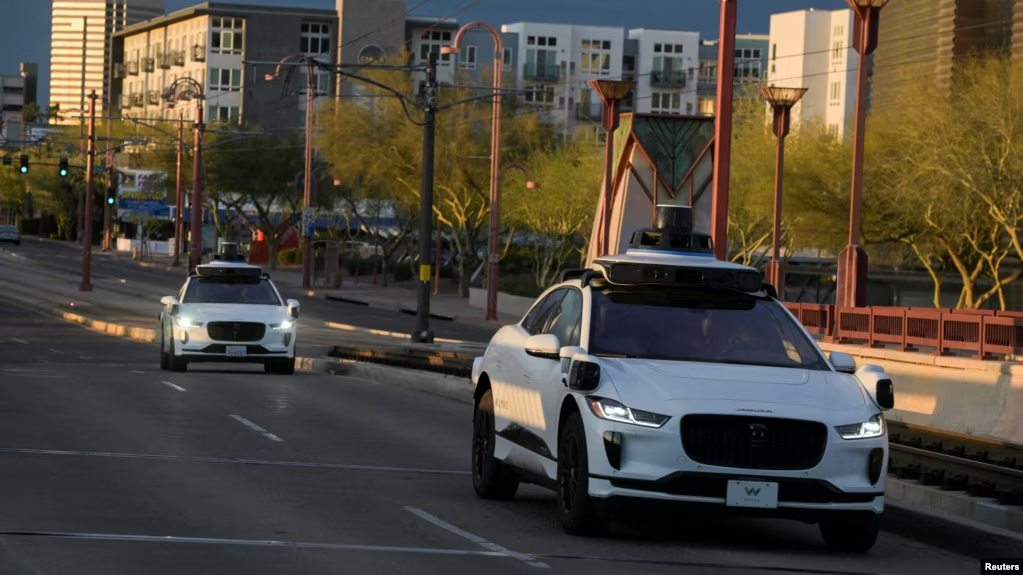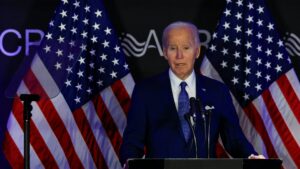U.S. expected to propose ban on Chinese software in self-driving cars

The U.S. Commerce Department is expected to propose a ban on the use of Chinese software in self-driving and connected cars in the coming weeks, people familiar with the matter said. The Biden administration plans to issue a proposed rule that would ban the use of Chinese software in U.S. Level 3 and higher self-driving cars, which would also prohibit the testing of self-driving cars produced by Chinese companies on U.S. roads. In a previously unreported decision, the U.S. government also plans to propose a ban on vehicles equipped with advanced wireless communication capability modules developed by China from driving on U.S. roads, the sources added. Under the proposal, automakers and suppliers would need to verify that their connected cars or advanced self-driving car software was not developed by “foreign entities of concern” such as China, the sources said. The Commerce Department said last month that it plans to issue a proposed rule on connected cars in August and expects to impose restrictions on some software produced by countries such as China that are considered adversaries. Asked for comment on Sunday, a Commerce Department spokesman said the department was “concerned about national security risks associated with networking technology in connected cars.” The Commerce Department’s Bureau of Industry and Security will issue a proposed rule “that will focus on specific systems within vehicles. Industry will also have an opportunity to review the proposed rule and provide comments.” The Chinese Embassy in the United States had no immediate comment, but China’s Foreign Ministry has previously urged the United States to “respect the laws of the market economy and the principle of fair competition,” saying Chinese cars are popular around the world because they stand out from fierce market competition and technological innovation. The Commerce Department said the White House and State Department held a meeting of allies and industry leaders on Wednesday “to discuss national security risks related to connected cars.” Sources said officials revealed details of the administration’s proposed rule. Officials from the United States, Australia, Canada, the European Union, Germany, India, Japan, South Korea, Spain and the United Kingdom attended the meeting and “exchanged views on data and cybersecurity risks associated with connected cars and certain components.” Level 3, also known as conditional driving automation, has technology that allows drivers to do some activities away from the steering wheel while driving, such as watching a movie or using a smartphone, but only under certain limited conditions. A group of U.S. lawmakers in November warned Chinese companies about collecting and processing sensitive data when testing self-driving cars in the United States, and asked 10 major companies, including Baidu, NIO, WeRide, Didi Chuxing, Xpeng Motors, Inceptio, Pony.ai, AutoX, Deeproute.ai and Qcraft. The letter said that Chinese self-driving car companies drove more than 450,000 miles in California in the 12 months before November 2022. Transportation Secretary Pete Buttigieg said his department has national security concerns about Chinese self-driving car companies in the United States. The government is worried that connected cars will use driver monitoring systems to listen to or record the voices of passengers in the car or control the vehicle itself. “The national security risks are considerable,” Commerce Secretary Gina Raimondo said in May. “We decided to take action because this is a very serious matter.”





